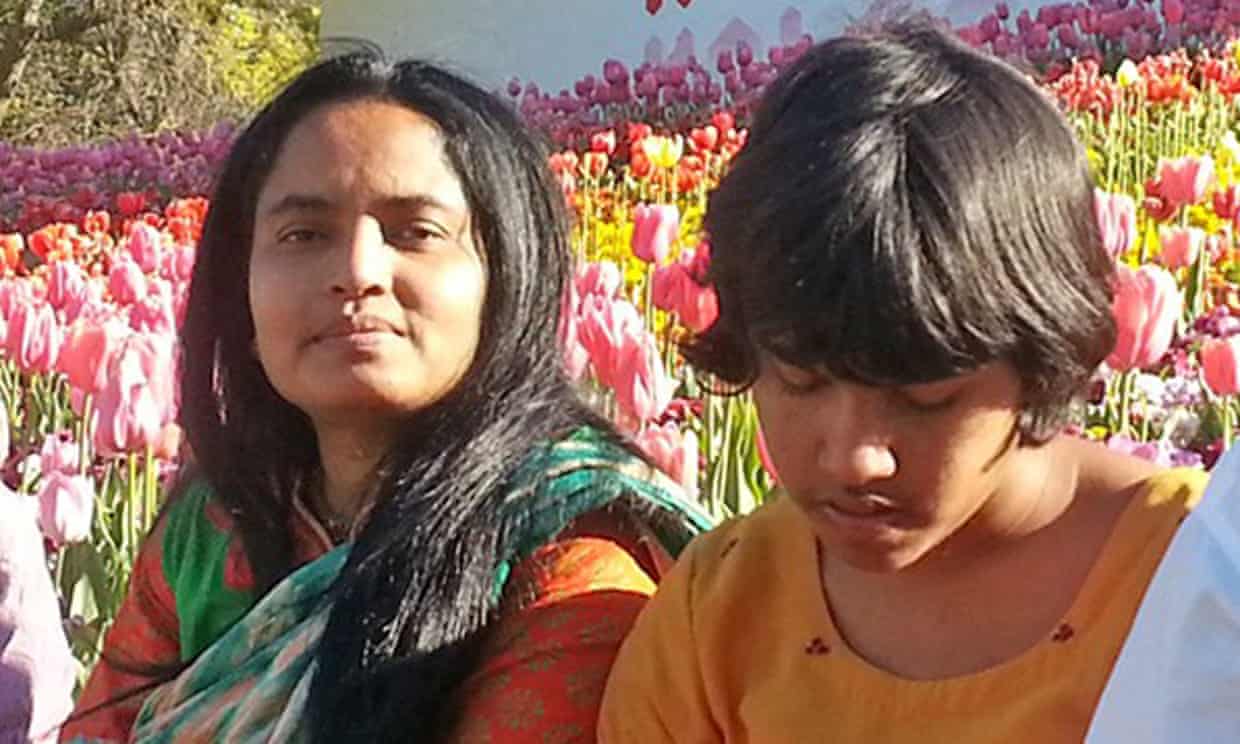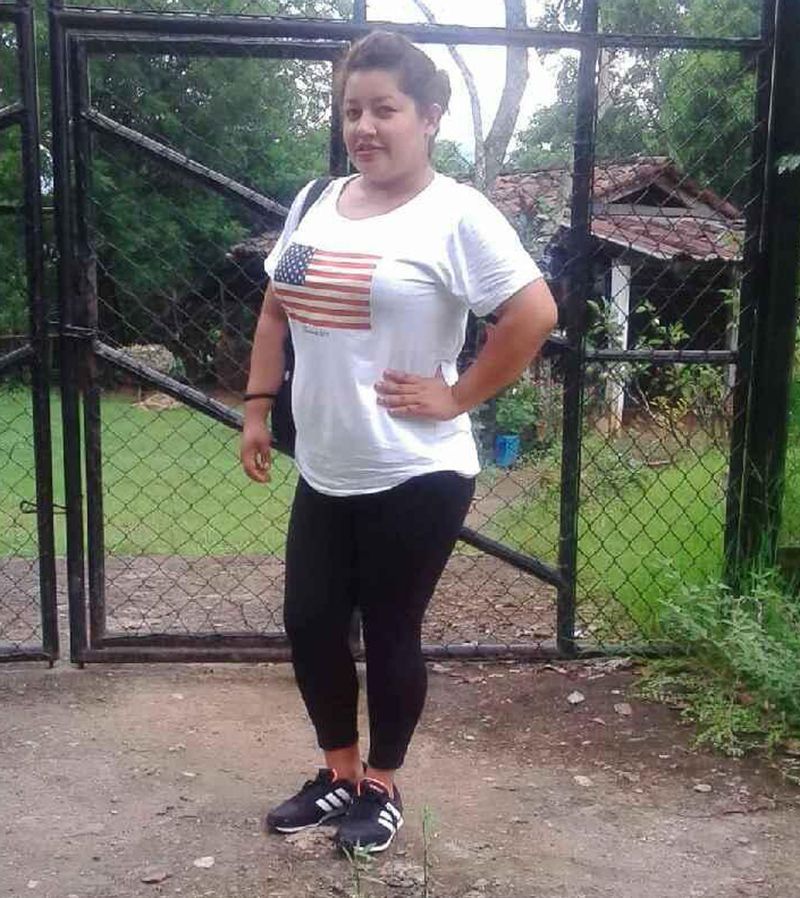
Dr Nasrin Haque
Why does the United States of America hate Sara Beltran Hernandez? Why does Australia hate Nasrin Haque? Why does the State hate, and fear, non-native born women? Why does the State, built on the principles of white male supremacy, hate, and fear, non-native born women of color? What horrible crimes have these women committed that the State has chosen to persecute them? For Sara Beltran Hernandez, it is the crime of being a Latina, of being a Central American, woman seeking refuge. For Nasrin Haque, it is the crime of being an Asian woman. The real crime is not in their bodies, but in our States and therefore in ourselves.
Sara Beltran Hernandez is very sick. Doctors say she may have a brain tumor and should have surgery quickly. Hernandez has been in immigration detention since 2015. Her family, in New York, say that she fled an abusive partner in El Salvador. They have been applying for asylum since her detention. This month, Sara Beltran Hernandez complained of headaches, nosebleeds, and memory loss. When she finally collapsed, she was taken to Huguley Hospital in Fort Worth, Texas. While awaiting emergency surgery, Sara Beltran Hernandez was taken, by ICE agents, and removed to the Prairieland Detention Center in Alvarado, Texas. Already weak and confined to a wheelchair, she was tied by her hands and ankles. The family is desperate and terrified.
The family is desperate, and by all accounts Sara Beltran Hernandez is dying: “Sara is worse than we thought. Death may be imminent.”
Nasrin Haque’s story is different and yet connected. Dr. Nasrin Haque, originally from Bangladesh, has lived in Australia for eight years. Previously Dr. Haque lived in Hungary. Nasrin Haque’s sister, brother, and parents are all Australian citizens. But her sixteen-year-old daughter Sumaya is not a citizen. When Nasrin Haque applied for permanent residency, she was turned down because her daughter lives with autism: “Her application for permanent residency was rejected because Sumaya’s condition, which is described as a `moderate developmental delay’, was deemed a burden on Australian taxpayers.” When does someone become a burden to the State, and how is that not only determined but calibrated and weighed? Where are the scales of injustice, and who set them?
Nasrin Haque is a successful doctor in Sydney. With friends and supporters, she waged a campaign to keep Sumaya, and the rest of the family, in Australia: “Although she does attend a special school, she has not received any other support from the state during her eight years in Australia. Sumaya is an independent young girl with strong computer skills and manages all activities of daily living on her own. My full-time position as a GP allows me to financially support my family without assistance from the Australian state … If we are deported back to Hungary, we will not be able to function. Deportation would tear our family apart, and destroy my childrens’ chances of completing their education and becoming productive members of society.”
Nasrin Haque was given until February 24, today, to present herself and her daughter with airline tickets in hand, or else they would be deported. Today, it was reported that, at the eleventh hour, the deportation was stayed and Nasrin Haque and her daughter Sumaya would be given permanent residency.
While the story for Nasrin Haque and Sumaya ends more or less happily, or at least with tears of relief, it’s a shameful episode in an even more shameful ongoing tragedy. When a young Salvadoran woman awaiting emergency surgery is forcibly and violently seized and taken off; when a young girl living with disabilities and her loving mother are told to leave, forever, because the disabilities cost too much, we have arrived at the intersection of State and Hate. The State built, like a fortress, on hatred, always assaults women, first, last, most intensely and most violently. Why do we hate Sara Beltran Hernandez and Nasrin Haque?

Sara Beltran Hernandez
(Photo Credit 1: The Guardian / Dr. Nasrin Haque) (Photo Credit 2: NY Daily News / Melissa Zuniga)